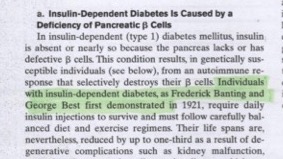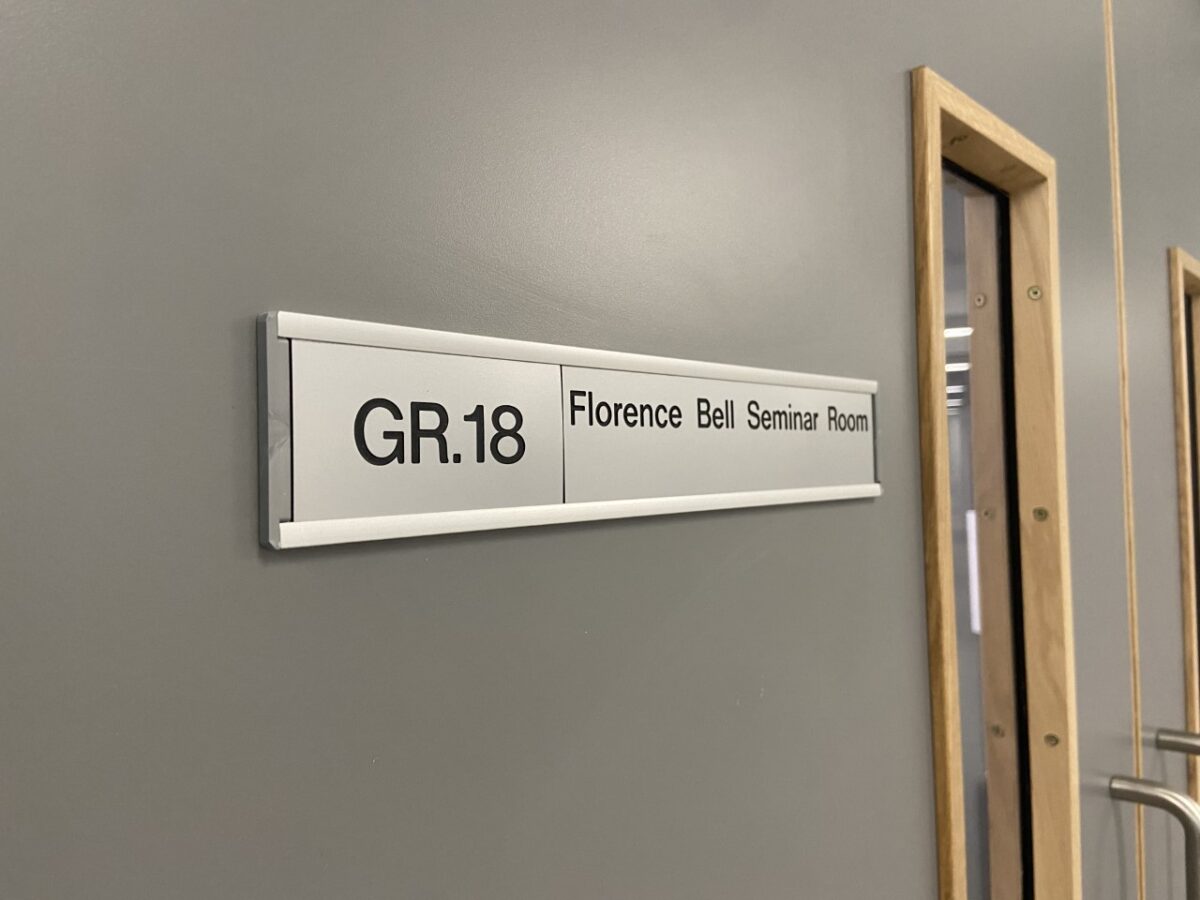Well, according to a hilarious misprint in one undergraduate biochemistry textbook, at least. But for the real story of the discovery of insulin and the tale of monstrous egos and toxic career rivalries behind it, check out ‘100 Years of Insulin’ – a talk given to the Leeds Philosophical and Literary Society (14th June 2022).
Author: medkth
It May Not Be a Mars Rover…But It’s Still A Worthy Honour
With a Royal Mail commemorative stamp, an award winning portrayal by actress Nicole Kidman in a recent hit West End play, and a Mars rover named in her honour, scientist Rosalind Franklin whose X-ray studies were crucial to unravelling the double-helical structure of DNA, thankfully, no longer quite the unsung heroine of the DNA story that she once was.
Until very recently, I would have argued that this title should now pass to physicist Florence Bell who, whilst working at the University of Leeds in 1938, showed for the first time that X-ray methods could be used to reveal the regular, ordered structure of DNA. In so doing, Bell paved the way for Franklin’s later work but she’s been largely forgotten by history…until now…
For when the new Bragg building was officially opened earlier this week for the School of Physics and Astronomy at the University of Leeds, UK, I was delighted that Florence Bell was honoured with a seminar room named after her. Not quite a Mars rover yet – but a journey of a thousand miles begins with a single step…
Insulin – on BBC World Service – and ‘Radio Times’
A big thanks to presenter Bridget Kendall, producer Fiona Clampin & fellow guests Alison Li & Viktor Jörgens – I really enjoyed our discussion of the discovery and development of insulin for ‘The Forum’ programme that was broadcast on the BBC World Service yesterday. Thanks also to ‘Radio Times’ for making it a choice of the day! Now downloadable as a podcast here.

The Forum – Insulin: The discovery that transformed diabetic care – BBC Sounds
‘Unravelling the Insulin Saga’ Yorkshire Post, 26th May
Thanks very much to Andrew Vine for this piece in yesterday’s edition of ‘The Yorkshire Post’ – and don’t be fooled by the heftily stocked bookshelf in the background. Close scrutiny will reveal that it is stocked not with the amassed works of heavyweight intellectuals but rather, an extensive collection of ‘Rupert Bear’ annuals.


